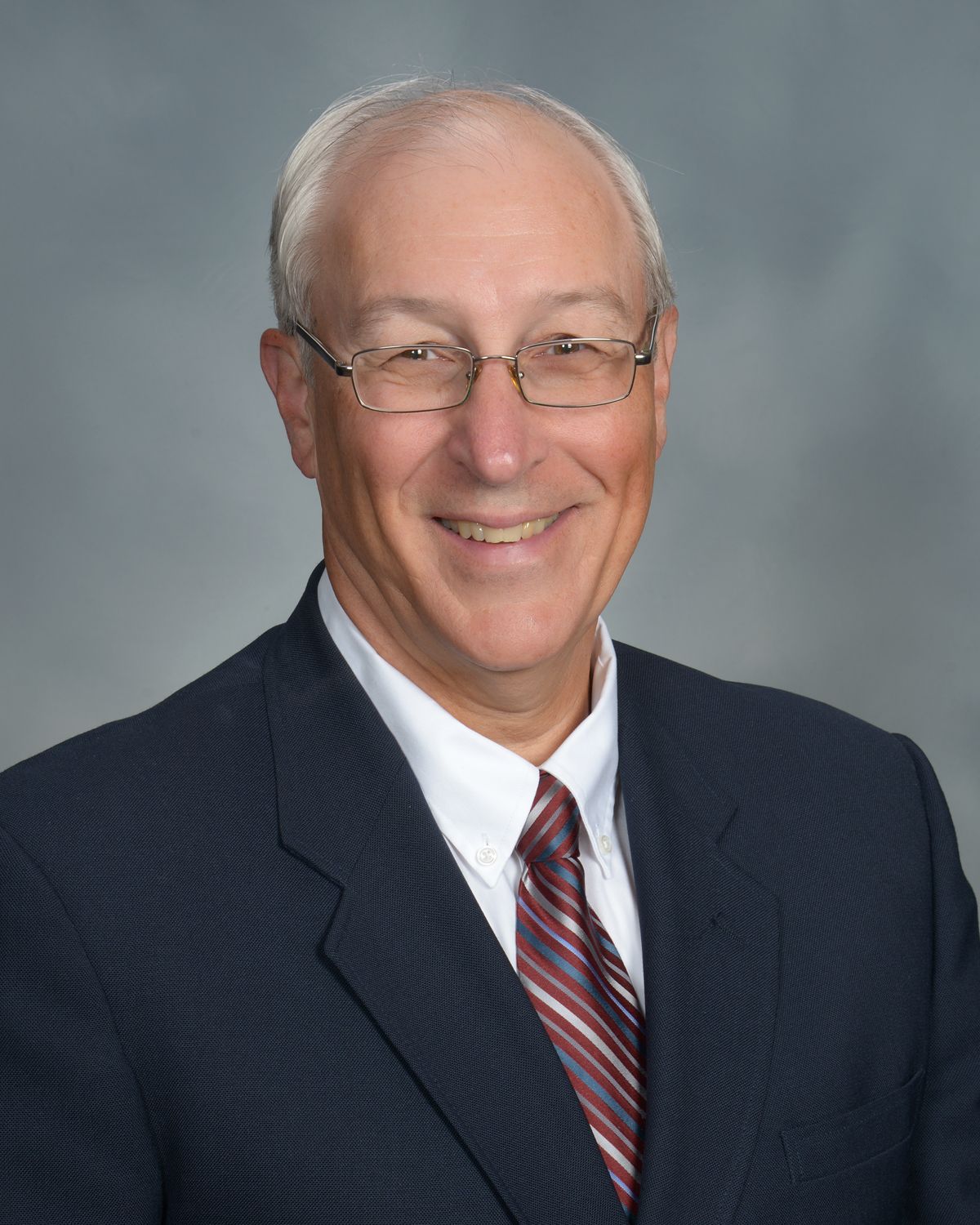D. Gary Harlow, professor and chair of the Department of Mechanical Engineering and Mechanics at Lehigh University’s P.C. Rossin College of Engineering and Applied Science, has been named a fellow of the American Society of Mechanical Engineers (ASME).
The distinction, one of the most prestigious in the field, recognizes outstanding achievements made by longstanding members of the professional society. Of the 130,000 ASME members worldwide, some 3,000 have received the honor.
“Professor Harlow’s remarkable accomplishments in materials reliability research and development make him deserving of this recognition,” says Donald Rockwell, the Paul B. Reinhold Professor of Mechanical Engineering and Mechanics at the Rossin College, who shepherded Harlow’s nomination. “Add to that his commitment to educating and mentoring graduate and undergraduate students—including his efforts in supporting varsity student-athletes to meet the demands of Lehigh’s rigorous engineering program—and his contributions overwhelmingly merit the distinction.”
Predicting Cracks in Aircraft Safety and Further Accomplishments
Harlow, a leading expert on engineering probability and statistics modeling, has found success in the study of structural failure.
Following the 1988 air disaster of Aloha Airlines Flight 243, in which the airplane lost a section of its roof because of corrosion and metal fatigue, Harlow rapidly became a national authority in the probability modeling of corrosion fatigue of aging aircraft, while collaborating with Robert P. Wei, a leading expert in the physics of corrosion.
“Professor Harlow’s foundational contributions to the probabilistic aspects of materials of aging aircraft have helped ensure the viability of aircraft with an extended period in service through proper monitoring and assessment,” says Rockwell.
Harlow has been centrally involved in programs funded by the Federal Aviation Administration, the US Air Force Office of Scientific Research (AFOSR), and the Defense Advanced Research Projects Agency (DARPA). His leadership in these programs has led to accelerated design, manufacture, and implementation of landing gear steel; a statistical model that describes which fatigue cracks in aluminum alloys are critical and eventually lead to failure; and production of structural components using directed energy deposition.
“That he has consistently been called upon to take a leadership role as part of these high-level, national research programs attests to his stature,” adds Rockwell.
More recently, Harlow has contributed his expertise in statistical modeling to the Food and Drug Administration in the qualification of a heart valve. These lifesaving medical devices are subjected to high cycle fatigue, and his probability model provides guidance for determination of the lifetime of a valve.
Harlow pursues research interests in the areas of probability and statistical modeling of failure processes in materials, aluminum alloys, steels, and composites; stochastic fracture mechanics; mechanical and system reliability; applications of stochastic processes; and applied probability modeling. He is also affiliated with Lehigh’s Institute for Cyber Physical Infrastructure & Energy, a hub for interdisciplinary research addressing the complex challenges of our interconnected society.
Guiding Students to Success
A highly regarded teacher, Harlow was among the first faculty nationwide to introduce and teach engineering/mechanical reliability courses to undergraduate and graduate programs in which the applications and course projects were explicitly mechanical engineering and materials projects.
Throughout his career, Harlow has mentored more than 100 student-athletes participating in varsity football, wrestling, basketball, swimming, softball, and baseball. With his guidance, these students have been overwhelmingly successful in meeting the intense academic demands of the mechanical engineering curriculum—a recent varsity football player who completed his Ph.D. with Harlow and who is now a postdoctoral researcher at Carnegie Mellon University being a shining example.
Harlow has received three major teaching awards at Lehigh University, including the campus-wide Lehigh University Award for Teaching in 1985, the Tau Beta Pi Teacher of the Year Award in 1992, and the Pi Tau Sigma Professor of the Year Award in 2006. He is a recipient of the SAE "Excellence in Oral Presentation" award and has earned research fellowships with Naval Research Center. He is a member of ASME, TMS, SAE, Sigma Xi, Sigma Pi Sigma, and Pi Mu Epsilon.
Since becoming chair of the mechanical engineering and mechanics department in 2008, Harlow has recruited a total of 12 new faculty who have won a total of 10 early career awards from major federal agencies and have subsequently secured significant research grants from the Department of Defense, National Science Foundation, Department of Energy, and National Institute of Health.

